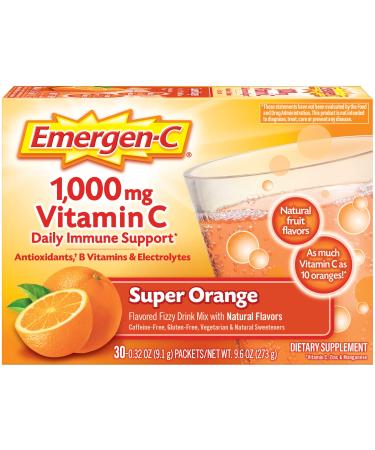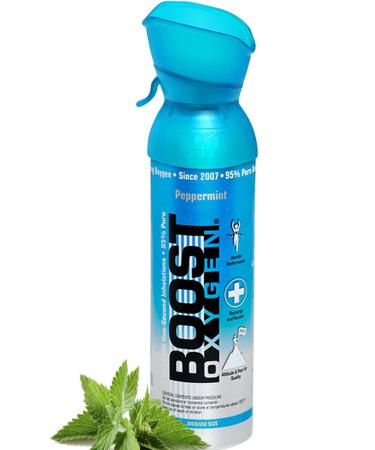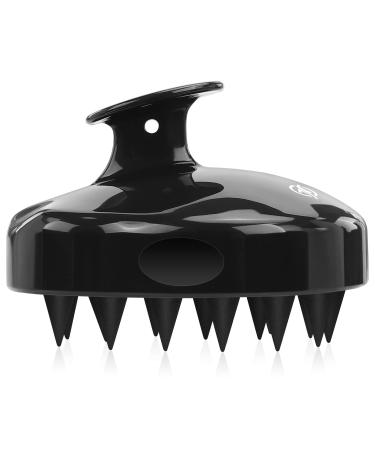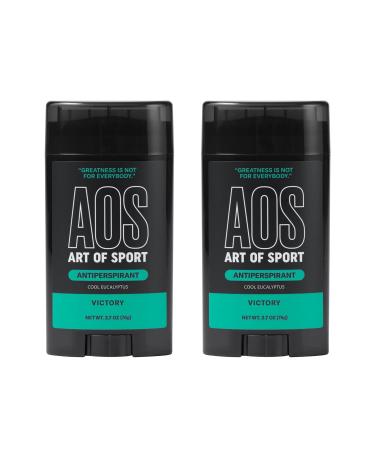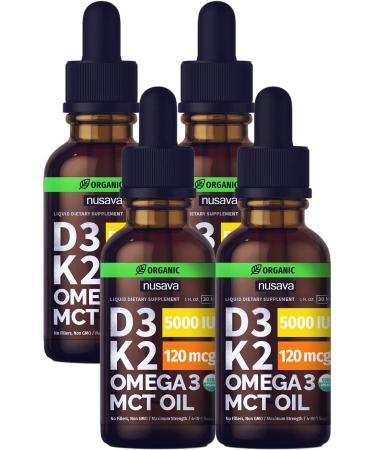A double-blind, placebo-controlled, multi-centered trial evaluated the safety and efficacy of B. coagulans MTCC 5856 in diarrhea-predominant Irritable Bowel Syndrome (IBS) patients. Thirty six newly-diagnosed diarrhea-predominant IBS patients were enrolled in three clinics. Along with standard care, 18 patients received placebo, while 18 patients received received B. coagulans MTCC 5856 tablets for 90 days. Clinical IBS symptoms were primary measures, evaluated through questionnaires. Physician's global assessment and IBS quality of life were secondary measures, monitored through questionnaires.
There was a significant decrease in clinical symptoms like bloating, vomiting, diarrhea, abdominal pain and stool frequency in patient group receiving B. coagulans MTCC 5856 compared to placebo group. Similarly, disease severity also decreased and quality of life increased in group receiving B. coagulans MTCC 5856. B. coagulans MTCC 5856 was deemed safe and effective in diarrhea-predominant IBS patients for 90 days of supplementation. The study concluded that B. coagulans MTCC 5856 could be a potential agent in the management of diarrhea-predominant IBS patients.1
A related study evaluated effects of adding a probiotic to mineral oil for treatment of functional constipation in children. This controlled trial was conducted on 60 children (2 to 14 yr old) with functional constipation. Children received B. coagulans (Lactobacillus sporogenes) plus mineral oil (paraffin) or mineral oil alone for two months. Constipation symptoms were assessed and compared before and after intervention. After treatment, the two groups were also compared regarding subjective global assessment of improvement. The researchers concluded that adding B. coagulans (Lactobacillus sporogenes) to mineral oil can increase improvement in constipation symptoms of children without specific side-effects.2
A similar study evaluated the efficacy and safety of a medical device containing a combination of Simethicone and Bacillus coagulans (Colinox) in treatment of Irritable Bowel Syndrome (IBS). The study was a monocentric, double-blind, placebo-controlled, parallel group clinical trial. Adult subjects experiencing IBS, as defined by Rome III criteria, were enrolled. Bloating, discomfort and abdominal pain were assessed as primary end points. Subjects received treatment or placebo 3 times/day after each meal for 4 wks. Subjects were examined at Day 0 (T1), at Days 14 (T2) and 29 (T3). Fifty-two patients were included in the study. Intragroup analysis showed a significant reduction of bloating, discomfort and pain in Colinox group (CG) compared to placebo group (PG). Between group analysis confirmed, at T1-T3, significant differences between CG and PG in bloating and discomfort. The researchers concluded that this study demonstrates the efficacy and safety of a combination of simethicone and Bacillus coagulans in treatment of IBS.3 Other researchers attempted to determine the efficacy of a fructo-oligosaccharides (FOS)-B. coagulans (Lactobacillus sporogenes) preparation in the prevention of diarrhea due to antibiotics in childhood. A multi-center, randomized, double-blind versus placebo study was carried out. A total of 120 children, with active infections requiring antibiotics, were enrolled in the study and treated for 10 days either in experimental group (F) or placebo (P). Study results were recorded from patients' diaries and follow-up clinical examinations. Out of 98 evaluable patients, 71% in group F had no diarrhea versus 38% in group P. The duration of diarrhea in F and P groups was 0.7 vs 1.6 days, respectively. The researchers concluded that prophylaxis with B. coagulans (Lactobacillus sporogenes), associated to FOS, significantly reduced the number of days and duration of events in children with antibiotic-induced diarrhea.4
A related study included one hundred and twelve newborn infants, randomized to receive a daily oral dose of 100 million B. coagulans (Lactobacillus sporogenes) or a placebo for one year. Morbidity was monitored each week for 12 months. Ninety four (84%) experienced diarrhea due to rotavirus infection. The group fed B. coagulans (L. sporogenes) had fewer episodes of diarrhea, fewer days of illness and episodes of diarrhea were shorter. The number of infants who presented with mild to moderate dehydration was 11 in the treated group and 15 in the placebo group, though the difference was not statistically significant. There was a trend for body weight at one year to be higher in the treated group compared with controls, but the difference was not statistically significant. The study concluded that prophylactic feeding of Lactobacillus has a preventive effect on the incidence and duration of acute rotavirus diarrhea.5



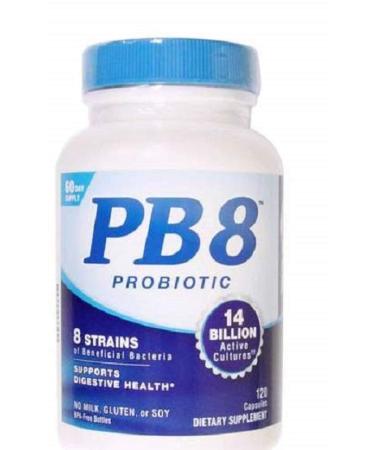
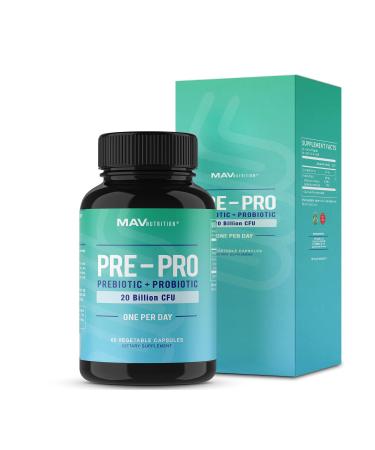
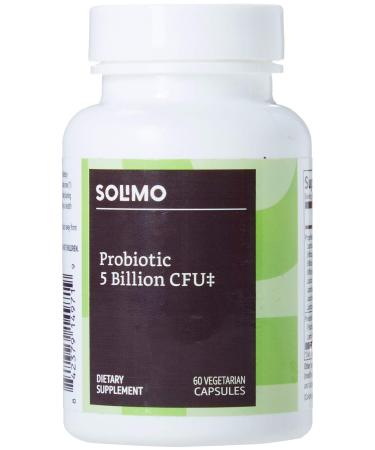
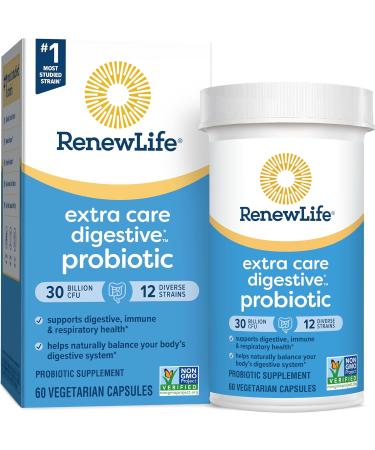

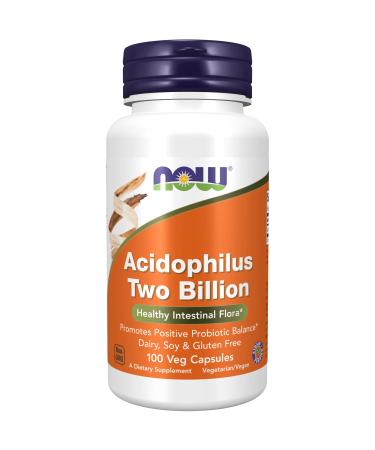
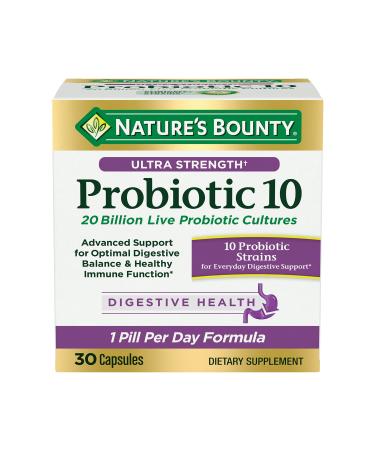


![Stewart Freeze Dried Dog Treats Made in USA [Single Ingredient Puppy and Dog Training Treats - Grain Free Natural Dog Treats] Resealable Tub to Preserve Freshness - Buy Online on GoSupps.com](https://www.gosupps.com/media/catalog/product/cache/25/small_image/375x450/9df78eab33525d08d6e5fb8d27136e95/6/1/61gwbbixarl._ac_sl1500_.jpg)
